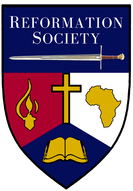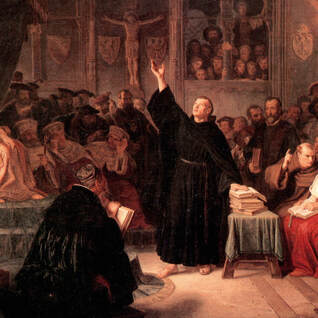 How the Reformation Transformed Education To view this presentation as a PowerPoint with pictures, click here. To view this presentation as a video, click here. To listen to the audio of this message, click here. The Reformation and Education The phenomenon of education for the masses has its roots in Christianity. Christianity is a teaching religion. The greatest universities worldwide were started by Christians in fulfillment of the Great Commission of our Lord Jesus Christ. The Roots of Education for Everyone The roots of education for the common person goes back to the Reformation, and, especially, to John Calvin. "The modern idea of popular education - that is, education for everyone - first arose in Europe during the Protestant Reformation." (Dr. Samuel Blumenfeld - Is Public Education necessary?)
0 Comments
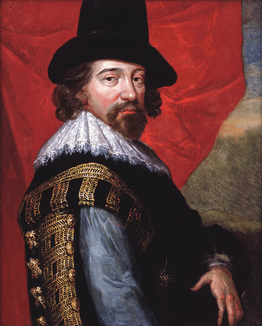 How the Reformation Transformed Science To view this presentation as a PowerPoint with pictures, clickhere. To view this presentation as a video, clickhere. To listen to the audio of this message, clickhere. The Reformation and Science Modern Science as a discipline is a fruit of the Reformation. As Francis Bacon, the father of the scientific method, once put it: "There are two books laid before us to study; to prevent us falling into error; first, the volume of the Scriptures which reveal the will of God; then the volume of the Creatures, which express His power." Most Branches of Science Grew Out of Reformed Teaching Historian Robert G. Frank points out: "The predominant forms of scientific activity can be shown to be a direct outgrowth of a Puritan ideology." 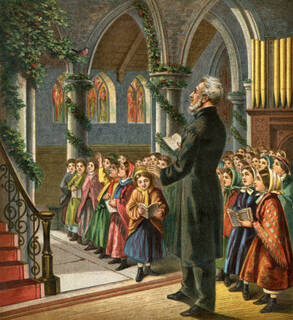 How the Reformation Transformed Worship To view this presentation as a PowerPoint with pictures, click here. To view this presentation as a video, click here. To listen to the audio of this message, click here. Congregational Singing For centuries congregations stood throughout the service. There were no pews or benches. Singing was in Latin by a choir. The focus of the worship service was the Mass which was in Latin. Congregational singing remains one of Martin Luther's most enduring legacies. "Next to the Word of God, music deserves the highest praise," wrote Luther. "I am not of the opinion that all arts are to be cast down and destroyed on account of the Gospel, as some fanatics suggest. On the other hand, I would gladly see all arts, especially music, in the service of Him Who has given and created them." Pastors and Teachers Must Have Skill in Music Luther himself was a well-trained musician with a fine voice. He played the lute, composed intricate hymns and was well acquainted with the work of the leading composers of his day. "I always love music; who so has skill in this art, is of a good temperament, fitted for all things. We must teach music in schools; a schoolmaster ought to have skill in music, or I would not regard him. Neither should we ordain young men as preachers, unless they have been well exercised in music." 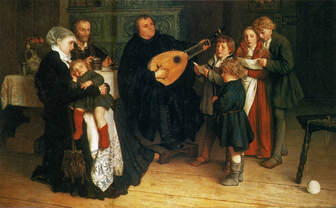 How The Reformation Transformed Marriage and the Family To view this presentation as a PowerPoint, click here. To view this presentation as a video, click here. To listen to the audio of this message, click here. Martin Luther Reformed Marriage and the Family Martin Luther, the German Reformer, is generally remembered as the Theological professor, the Bible translator, the writer, even as the composer of hymns. However, Martin Luther was also a husband and a father of six children. He provided the Church its first and most prominent example of a pastoral family. Marriage Needs Reformation While still a celibate priest, Luther wrote extensively on marriage. He saw marriage as an institution in as much crisis as the church - and no less in need of reform. The Family is the Basic Building Block of Society Martin Luther was a leading defender of the dignity of women and the foundational importance of marriage. Luther placed the home "at the centre of the universe." His teaching on marriage and the family (and his personal example) were so radical and so long-lasting that it profoundly and permanently altered the home. If his innovations don't seem so radical to us, it is because of his success in establishing these principles as Christian ideals. 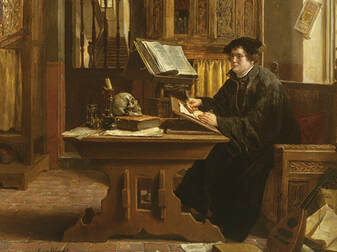 In expounding Daniel 9, Martin Luther noted that among others, the prophet Daniel was talking about the Muslim Turks, who at that time were invading Europe: "In the latter part of their reign, when rebels have become completely wicked, a stern-faced king, a master of intrigue will arise. He will become very strong, but not by his own power. He will cause astounding devastation… He will cause deceit to prosper and he will consider himself superior. When they feel secure, he will destroy many and take his stand against the Prince of princes. Yet he will be destroyed, but not by human power." Daniel 9:23-25 Luther wrote that the "two regimes, that of the Pope and that of the Turk, are… antichrist." John Calvin in a sermon on Deuteronomy 18:15 maintained that Muhammad was one of "the two horns of antichrist." 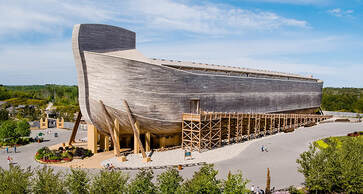 The Creation Museum near Cincinnati in the United States is absolutely magnificent. I spent two days exploring, examining and experiencing the Creation Museum. It was not nearly enough time. I look forward to returning again and again. As one who has visited museums all over the world, I must rate the Creation Museum as one of the very best in the world. The Creation Museum is God-honouring, Bible-based, and Christ-centred. It is an experience no visitor can ever forget. The Creation Museum is effective both in education and evangelism. Not only is the museum extremely well thought out and laid out, but it is inspired and inspiring. The Creation Museum is a modern equivalent of nailing of the ’95 Theses on the church door in Wittenberg. Future generations may look back at the opening of the Creation Museum as significant an event for Reformation in our day as Luther’s bold protest was in the 16th Century. 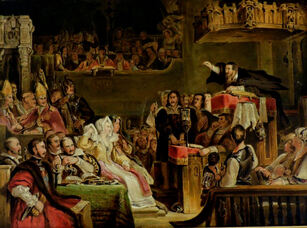 “If I had a place to stand, I could move the world.” The Greek engineer Archimedes was referring to the wonders of the lever. In principle, the capacity of a lever was unlimited. An ordinary weakling could move a rock the size of a house. All that he would need would be a fulcrum, a pole strong enough so that it would not break, and long enough to multiply the force. That, and a place to stand. The force multiplying physics of the lever are a function of distance. The heavier the object, or the weaker the person trying to move it, the longer the pole would need to be, and the further away from it you would have to stand. However, with the right fulcrum, the right bar and the right distance, all you would need to do would be to push the lever down, and the boulder, no matter how heavy it was, would move. Theoretically, Archimedes famously declared, with the right fulcrum, bar and distance, you could put a lever to planet Earth and move the world itself. As long as you had a place to stand! On 18 April 1521, a 37-year old Professor from the University of Wittenberg found himself hauled in front of the Emperor of the Holy Roman Empire. Standing before the assembled political and spiritual authorities of his day, Luther was presented with a simple choice: Will you recant, and reject everything you have been teaching about the Gospel? Or will you be cast out of the church and state as a heretic and traitor, to be burned at the stake? Martin Luther’s reply moved the world. He changed history. Because he had a place to stand. Dr. Martin Luther declared: “My conscience is captive to the Word of God. Here I stand!” Our Lord Jesus declared that our Faith would be able to move mountains (Matthew 17:20). Martin Luther’s Faith moved the world because he had a place to stand. He stood on the Word of God. The fulcrum he used was the Gospel. This was balanced on the bar of the Law of God. Luther’s biographer Martin Brecht pointed out that in fact Martin Luther had fulfilled what the Greek engineer Archimedes had hypothesized about. Standing on the Word of God, using the bar of the Law of God and the fulcrum of the Gospel, Martin Luther’s Faith had not only moved mountains, it changed the world. It brought to an end the Middle Ages, and ushered in the modern world. The Protestant Reformation, and the resultant Scientific Revolution and Industrial Revolution, produced the most productive, prosperous and free nations in the history of the world. All this because Luther had a place to stand and he made his stand on the unchangeable Word of Almighty God. 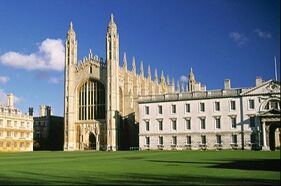
"Every school you see - public or private, religious or secular - is a visible reminder of the religion of Jesus Christ. So is every college and university." Dr. James Kennedy and Jerry Newcombe document in their "What If Jesus Had Never Been Born?" book that the phenomenon of education for the masses has its roots in Christianity.
The pursuit of the knowledge of God in a systematic, philosophical and in-depth way gave rise to the phenomenon of universities all around the world. It was the Christian faith that gave rise to the idea of higher learning. THE GIFT OF LITERACY Christianity is a tremendous force for education. Most of the world's languages were first set to writing by Christian missionaries. The first book in most languages of the world has been the Bible. Christianity has been the greatest force for promoting literacy worldwide throughout history. The Christian missionary movement in the 19th Century pioneered tens of thousands of schools throughout Africa, Asia and the Pacific Islands - providing education for countless millions, even in the remotest jungles, giving the gift of literacy to tribes which had not even had a written language. 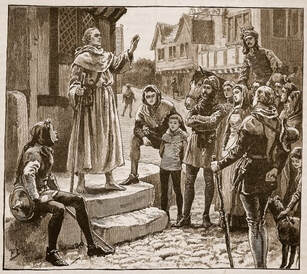 Peter Waldo was a wealthy merchant, well respected and a man of influence, in the community of Lyons. One evening, while entertaining friends at his home, one of them suffered a sudden seizure and died. This incident so shook Waldo that he began to seriously think of his soul and eternity beyond the grave. He began to regularly attend church services, but was not satisfied with the superficial rituals in Latin. He employed two priests to come to his house to translate the Gospels of Christ into French. Waldo was most excited as he read, meditated on and carefully studied the Words of Christ. Yet, instead of comfort and peace, he found conviction and challenge. He saw himself as the foolish rich man who was laying up treasures on earth, but was spiritually poor towards God. Again and again he read the Words of Christ: “Take heed and beware of covetousness, for the abundance of a man’s life consisteth not in those things which he possesseth” Luke 12:15. 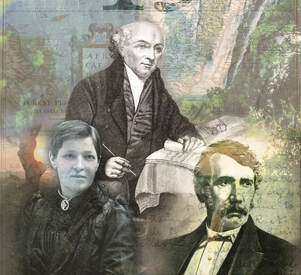 "All the ends of the world shall remember and turn to the Lord, and all the families of the nations shall worship before You. For the Kingdom is the Lord's and He rules over the nations." Psalm 22:27-28 The Greatest Century of Missionary Advance The greatest era of missionary advance was the 19th century. The considered judgement of church historian Kenneth Scott Latourette is that: "Never had any other set of ideas, religious or secular, been propagated over so wide an area by so many professional agents maintained by the unconstrained donations of so many millions of individuals." A World to Win At the beginning of the 19th century, Protestant Christianity was concentrated in Europe and North America. Except for some small Christian enclaves, Asia was almost untouched by the Gospel. Africa was still the "dark continent" - except for the ancient Copts in Egypt, Ethiopia and Sudan and a small number of Dutch settlers at the Southernmost tip of Africa, at the Cape. |
History ArticlesCategories
All
Archives
May 2023
|
- Home
-
History Articles
- History Articles
- All Categories
- Character Studies
- Greatest Century of Missions
- Greatest Century of Reformation
- Reformation In Bohemia
- Reformation In England
- Reformation In France
- Reformation In Geneva
- Reformation In Germany
- Reformation In Italy
- Reformation In Scotland
- Reformation in Switzerland
- Victorious Christians
- Contemporary Articles
- Resources
- Contact
- Donate
|
The Reformation Society
PO Box 74, Newlands, 7725, South Africa Tel : (021) 689-4480 Email: [email protected] Copyright © 2022 ReformationSA.org. All rights reserved |
- Home
-
History Articles
- History Articles
- All Categories
- Character Studies
- Greatest Century of Missions
- Greatest Century of Reformation
- Reformation In Bohemia
- Reformation In England
- Reformation In France
- Reformation In Geneva
- Reformation In Germany
- Reformation In Italy
- Reformation In Scotland
- Reformation in Switzerland
- Victorious Christians
- Contemporary Articles
- Resources
- Contact
- Donate
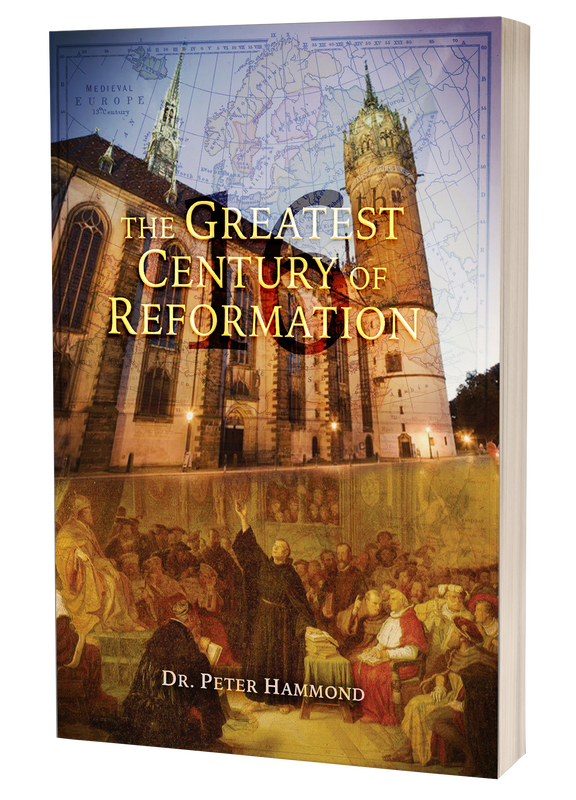
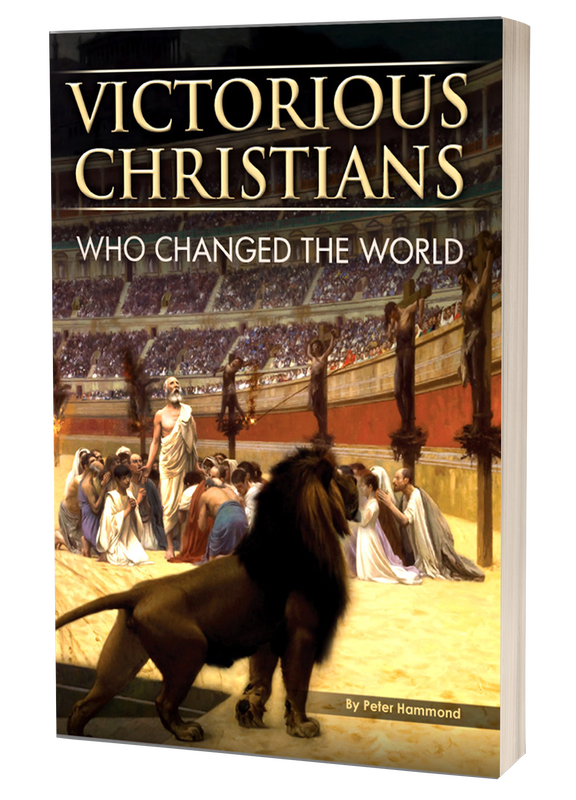
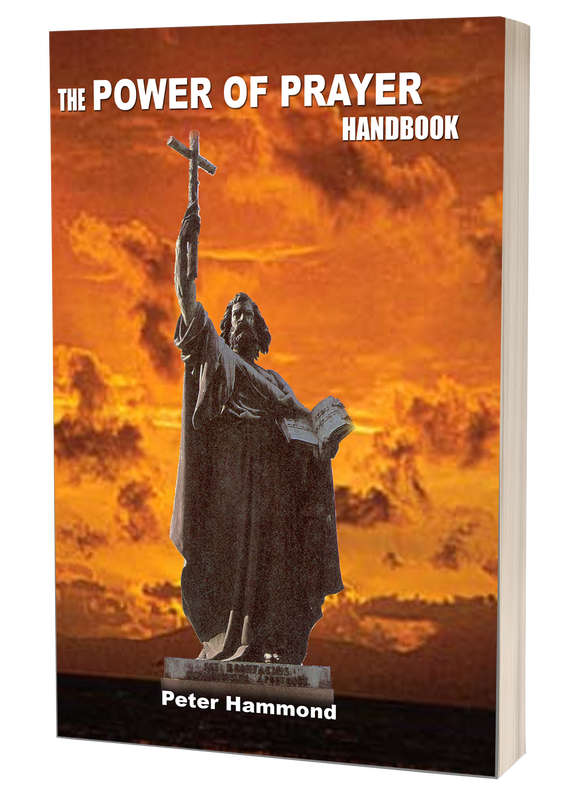
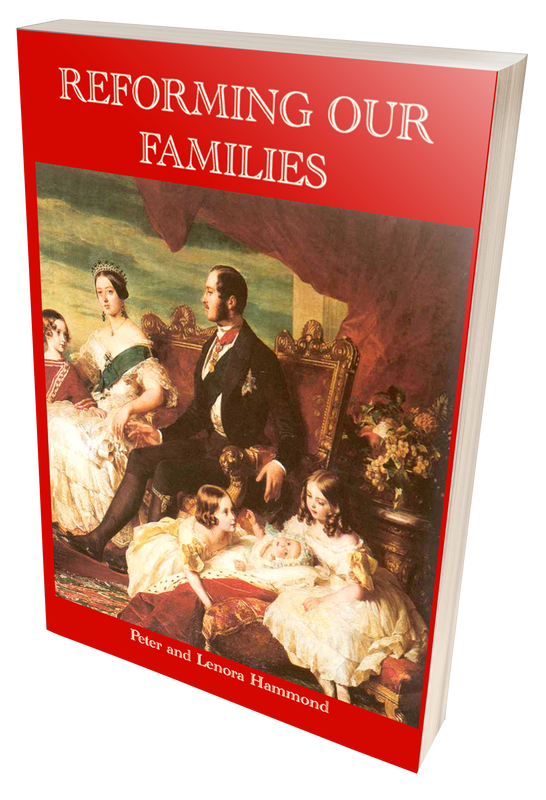
 RSS Feed
RSS Feed
